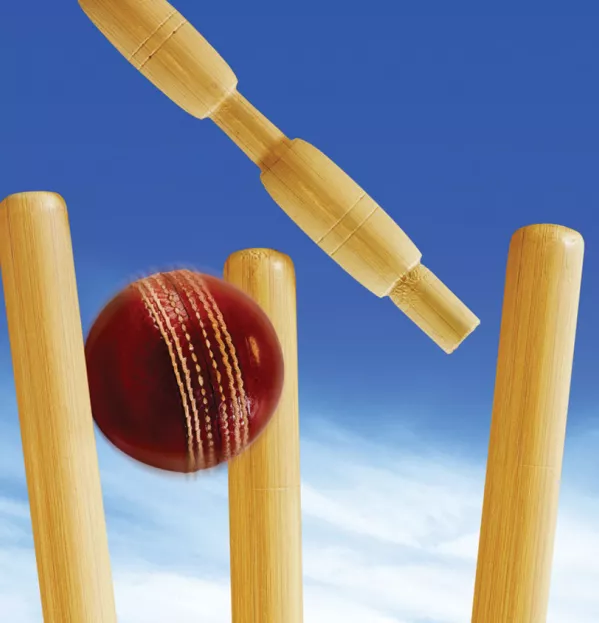When comprehensive schools occasionally travel to play against a celebrated private school there is usually some extra baggage on board.
This is perhaps best illustrated by the tale I heard recently of a PE teacher somewhere in the South West who took his team to play cricket at one such venue. As he parked the battered school minibus in front of the grand entrance, the beaming master of cricket (or some variant on that job title) strode across the gravel to greet him.
“Hello, I’m Sandy Fortescue, son of Laurie.” (“Laurie Fortescue” being my alternative name here for a famous England test-player from yesteryear.) To which the PE teacher apparently responded “Hello, and I’m Phil Young, son of the painter Colin.”
“Oh yes? Do I know any of his work?”
“Well, he painted the railings on Torquay promenade if you’ve ever been down that way?”
This class divide was then played out on the field, too, with the state school bowled out for just 14 - they lost by about 150 runs. It was the kind of public-school thrashing many of us recall only too well. Either we have driven a minibus of lambs to such slaughter ourselves or we used to suffer similar morale-sapping experiences when we were students.
We remember those humiliating three-figure rugby scores, those tennis matches where the entire rubber was decided within about 10 minutes. Sport is frequently described as a “great leveller”, but when it comes to private versus state it is often the greatest of un-levellers.
Unlevel playing field
Even the public school’s football team can prove irksomely difficult to beat, despite football often being disregarded there and despite their free-scoring centre-forward really being a rugby prop-forward by trade. Sporting supremacy is plainly something that a private education can still offer (certainly at the large schools), thanks of course to the facilities, coaching and practice from infancy onwards.
Just occasionally, however, the boot is on the other foot. In fact, teams representing many of the smaller independent schools are sometimes the most vulnerable sporting prey of the lot - cohorts so tiny that two or three press-ganged members of the side may even loathe the sport concerned.
Equally, some state schools have a strong sporting heritage and are a match for anything in the private sector.
We remember those humiliating three-figure rugby scores
Others sprout a “golden generation” year-group in a particular discipline, their skills harnessed by a teacher-coach who happens to specialise in that same sport. For years, that team lays waste to all who stand before them - private schools, free schools, faith schools, sometimes entire academy chains.
Given the numbers involved and a level playing field (or in some cases, a playing field at all) it would be the norm for the state sector to match the best in the private sector. However, I suspect the gap between the two is currently widening, not narrowing.
State schools are currently fighting financial ruin. Most cannot invest any extra money or time in sport. And why would they, when schools are graded by hopelessly limited and unimaginative constructs such as Progress 8?
The immense benefits young people gain from playing sport - or from performing on stage, or from playing in an orchestra, or from taking a Duke of Edinburgh’s Award for that matter - are just too multifarious and too inconveniently immeasurable for today’s lazy, spreadsheet-based graders of schools. That is the frustrating state of play right now. You never know: the second half might be different.
Stephen Petty is head of humanities at Lord Williams’s School in Thame, Oxfordshire

